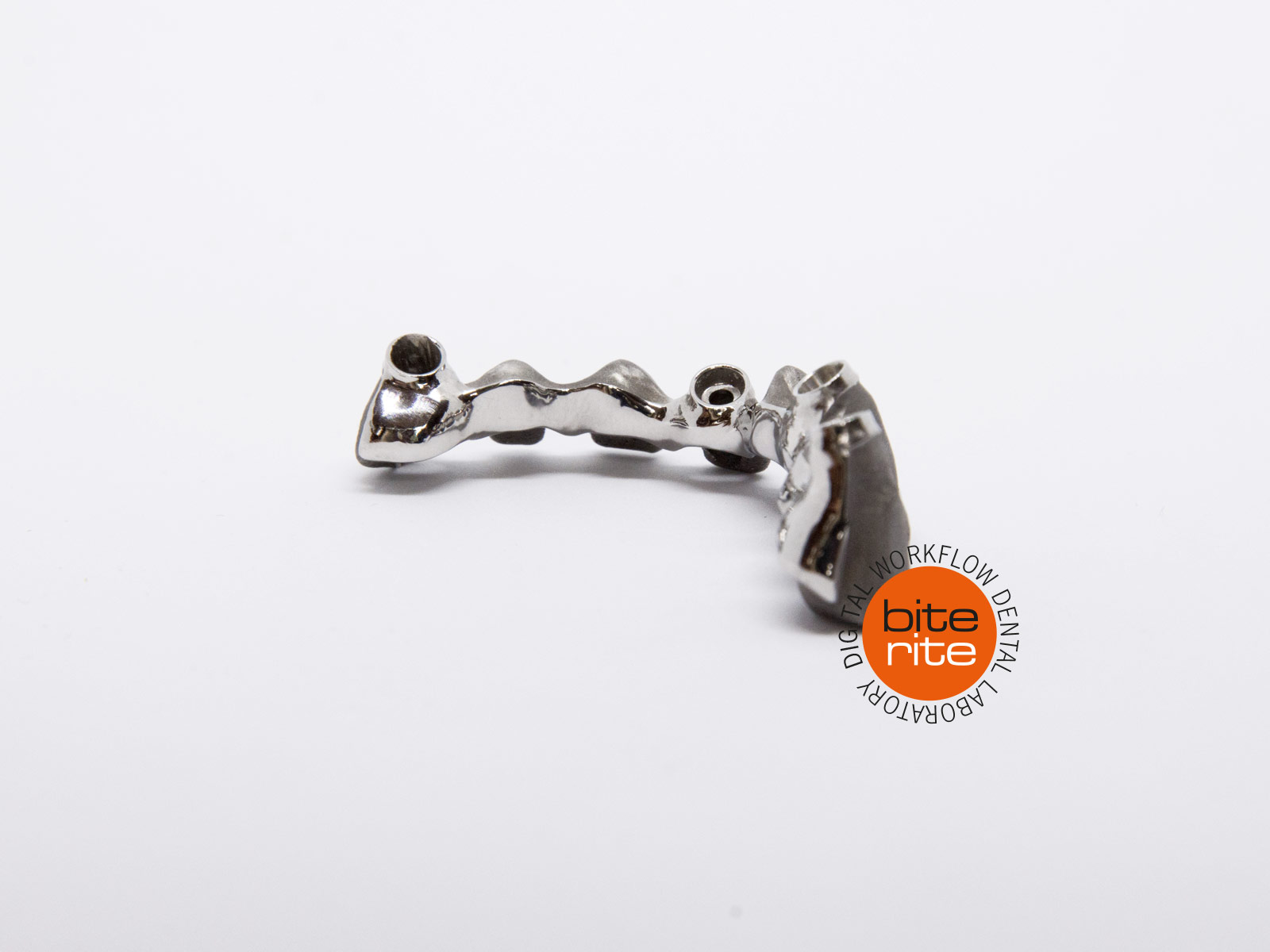 Implants have been around, in some way or another, for centuries. Only recently did they become a seriously viable option for restoring a smile. A lot of patients aren’t aware of the benefits of implant dentistry, or come into the practice with misconceptions. I’ve drawn up an FAQ, which could be helpful to patients and to practicioners.
Implants have been around, in some way or another, for centuries. Only recently did they become a seriously viable option for restoring a smile. A lot of patients aren’t aware of the benefits of implant dentistry, or come into the practice with misconceptions. I’ve drawn up an FAQ, which could be helpful to patients and to practicioners.
Q: Are Dental Implants Safe and How Long do they Last?
A: Present day dental implants are based on scientific evidence and consistently show success rates of more than 95%. Implants are one of the most predictable forms of dental treatment and in most cases is a life-long solution. About a million people will receive dental implants this year alone.
Q: Might I be Suitable?
A: Radiographic x-rays will be needed to see if you have sufficient quality and quantity of bone. Disease such as uncontrolled diabetes can affect the bone growing onto the implant and will need careful assessment. In general, most people are suitable candidates for implants.
Q: Does It Hurt?
A: A small operation will be necessary, and some patients do experience one or two days of discomfort after the procedure, usually related to the stitches.
Q: Is the Treatment Expensive?
A: In general, implant treatment is not much more expensive than the alternatives; bridge or new dentures at recurring short intervals, for example. In fact, studies have shown that compared with alternative treatment plans implants are very cost effective. The big difference lies with the long term success. Implants can be with you for the rest of your life.
Q: Should I Wait Until I’m Older?
A: The youngest patients receiving implants are in their early teens, the oldest in their 90’s.What often happens where there are missing teeth is that the jawbone begins to shrink. Conventional dentures usually lead to accelerated bone loss. Dental implants restore normal loading of the bone and prevent further bone loss.
Obviously, there are significant benefits to the implant over bridges or dentures. What’s most important, though, is the patient feels they have the right information to make an informed choice, and hopefully this guide helps you guide a patient through those decisions.
If you have any questions or concerns, or would like to add to the list of frequently asked questions, feel free to get in touch. Leave a comment here or get in touch on our social media:
Image courtesyof: Renjith Krishnan




